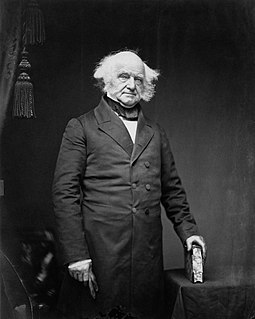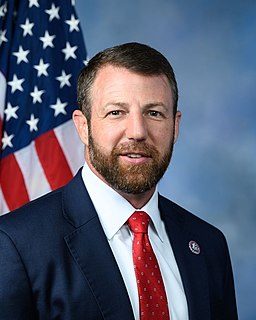A Quote by Charles C. Mann
Some Western states have collaborative water agreements with Indian tribes - Washington state, for instance, monitors a number of its rivers to protect spawning salmon, which are promised to native peoples under 19th-century treaties.
Related Quotes
In fact, George Washington had been an Indian fighter since the French and Indian War. And a lot of folks, particularly in the red states, the Southern states that had suffered a number of Indian depredations wanted to remove all the Indians to Canada. Let them go with the English. And Washington said, well, you can try , but better, he said, more expedient to negotiate treaties with them because, and again this is what the founders believed to a man, Indians are a vanquished race. They won't be here two to three generations.
If you're an Indian, you could be very anxious about some of the Supreme Court's decisions, some of the decisions of policy makers, so maybe a little bit of irony there. But I think our "Savage Anxieties," when I titled the book, I really wanted to focus people on the challenge that tribes in this country, as well as indigenous peoples around the world, are confronting Western civilization with.
There is not one particular moment that can account for the shift from the social issue concerns of 19th-century evangelicals into the state of American evangelicalism today. Some historical moments are telling. The rise of biblical criticism in the 19th century forced evangelicals to make choices about what they believed about the gospel.
Historically, and since, 1520, eighteen Treaties have been concluded between the Persian State and its western neighbours regarding its relations therewith including the question of borders. On all occasions, the Persian State chose the opportunity to violate the said Treaties whether by word or deed.
So what? A lobbyist cheated Indian tribes out of $25 million then laundered their money through phony Christian charities trying to stop other Indian tribes from getting casinos [on screen: 'Thou Shalt Not Compete'] and bribe congressmen in the process. Know what I call that? I call that business as usual in Washington. [on screen: 'Screwing Indians']
Patriotism is "a very definite feeling of preference for one's own people or State above all other peoples and States, and a consequent wish to get for that people or State the greatest advantages and power that can be got - things which are obtainable only at the expense of the advantages and power of other peoples or States."
































